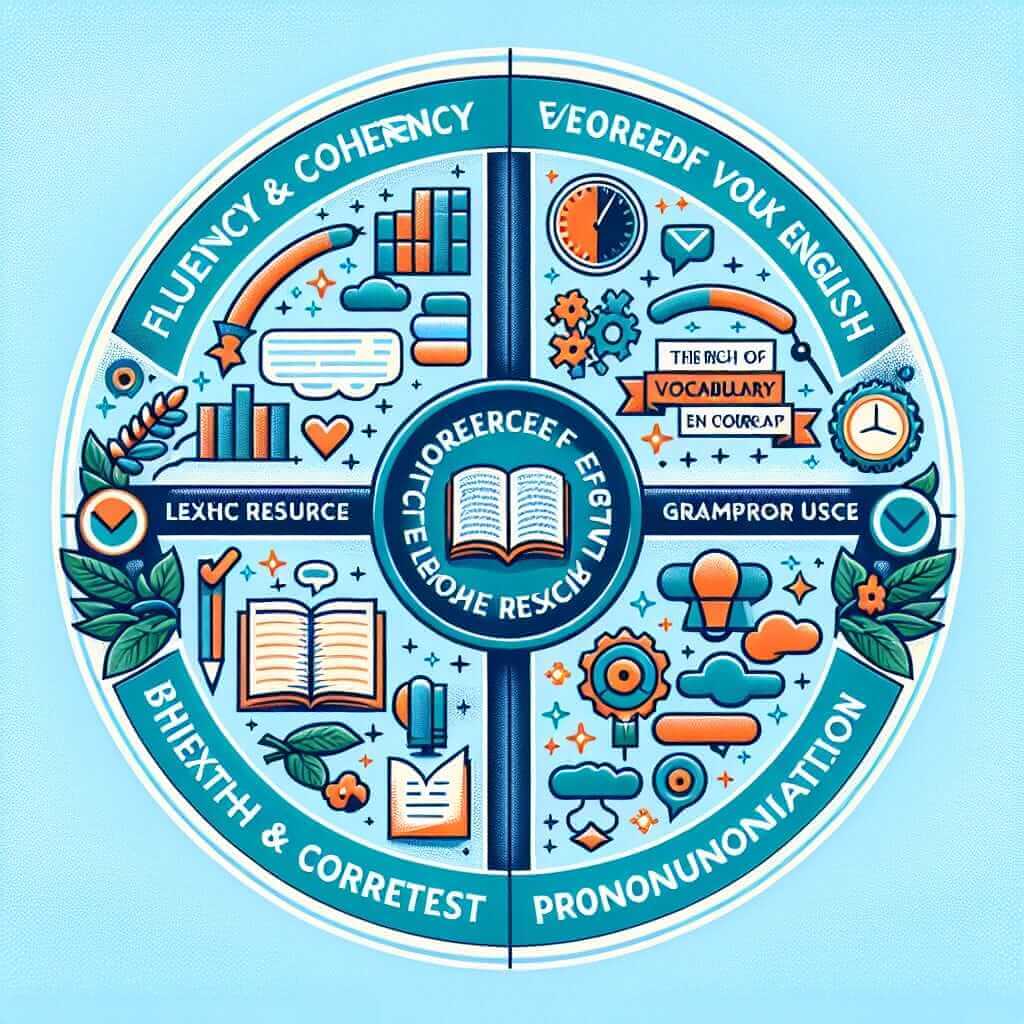As an IELTS instructor with over 20 years of experience, I often encounter students fixated on the number of “right” answers needed for a specific band score, especially in the Speaking section. While understanding this desire is natural, it’s crucial to realize that the IELTS Speaking test doesn’t operate on a simple “right or wrong” system. Let’s delve into what truly matters for achieving a 6.5 in IELTS Speaking.
It’s Not About Counting, It’s About Communication
Unlike other IELTS sections with concrete right or wrong answers, the Speaking test evaluates your ability to communicate effectively in English. This encompasses various aspects beyond mere grammatical accuracy. Here’s a breakdown:
Key Assessment Criteria:
- Fluency and Coherence: This assesses how smoothly and naturally you speak. Can you maintain a consistent flow of speech, connect your ideas logically, and use linking words effectively?
- Lexical Resource: This refers to your vocabulary range and accuracy. Do you use a variety of words and phrases appropriately, demonstrating your grasp of subtle meanings and idiomatic expressions?
- Grammatical Range and Accuracy: While grammatical accuracy is important, the test also evaluates your ability to use a range of grammatical structures accurately and appropriately.
- Pronunciation: This assesses your clarity and how easily the examiner understands you. Do you use appropriate intonation, stress, and rhythm to convey meaning effectively?

Demonstrating a 6.5 Speaking Level
A 6.5 Speaking score signifies a “competent user” of English. This means you can:
- Communicate on a variety of topics: You can discuss familiar and unfamiliar subjects with relative ease, providing relevant answers and supporting your ideas.
- Handle complex sentence structures: While minor grammatical errors may occur, they don’t hinder communication or understanding.
- Utilize a range of vocabulary: You employ a wide enough vocabulary to express yourself clearly on various topics, even if some word choices are not overly sophisticated.
- Speak with generally good pronunciation: Your pronunciation is clear and understandable, even if you have a noticeable accent.
Tips to Boost Your Speaking Score:
- Focus on Fluency: Practice speaking English regularly, even if it’s just with yourself. The key is to become comfortable expressing your thoughts spontaneously.
- Expand Your Vocabulary: Actively learn new words and phrases related to common IELTS topics. Don’t just memorize definitions; practice using them in sentences.
- Master Grammar Fundamentals: Ensure you have a solid grasp of basic grammar rules, as consistent errors can impact your score.
- Record Yourself Speaking: This helps identify areas needing improvement, whether it’s pronunciation, pace, or pausing.
- Seek Feedback from Experienced Tutors: A qualified IELTS instructor can provide personalized guidance and pinpoint areas for improvement.
Conclusion:
Don’t obsess over counting correct answers. Instead, concentrate on becoming a confident and articulate communicator. By focusing on the key assessment criteria and diligently practicing your speaking skills, you can confidently aim for and achieve your desired IELTS band score.